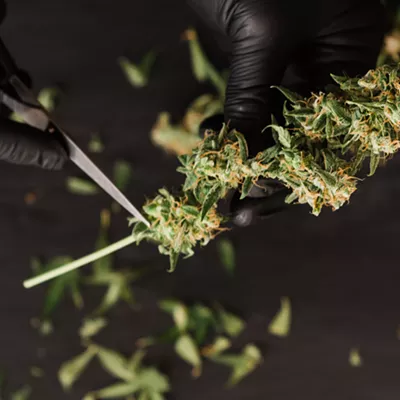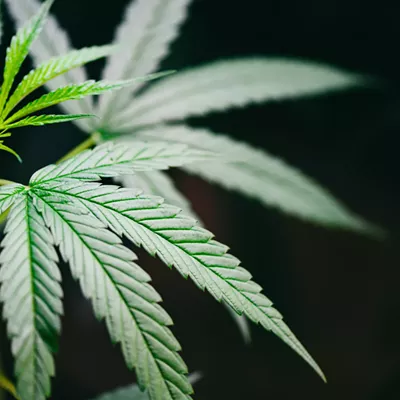What’s next?
The DEA’s proposal will now move to the White House Office of Management and Budget where it will receive official approval — a process that is expected to take a few months.
“Today, the attorney general circulated a proposal to reclassify marijuana from Schedule I to Schedule III,” said Justice Department director of public affairs Xochitl Hinojosa in a statement on April 30. “Once published by the Federal Register, it will initiate a formal rulemaking process as prescribed by Congress in the Controlled Substances Act.”
The CSA, which was codified into American law in the early 70s, established a ranking system for drugs based on their medical value and potential health risks. Marijuana was infamously placed alongside drugs like LSD and heroin in its Schedule I category.
Under federal law, Schedule III drugs are defined as substances with “moderate to low potential for physical and psychological dependence.” As a Schedule III substance, which includes drugs like ketamine, steroids and Tylenol with codeine, marijuana will remain federally illegal; albeit with less restrictions.
The major changes with rescheduling marijuana would primarily pertain to research, banking and lowering the consequences for cannabis-related offenses.
Because Schedule I substances are legally defined as highly addictive with no medical value, conducting cannabis research has been subject to many restrictions. In previous years, there was one facility that was licensed to cultivate marijuana for research. Under its new classification, it will be easier for scientists to obtain marijuana to research.
Moving marijuana to a Schedule III works in favor of the cannabis industry as well, specifically pertaining to taxes. Federal tax code restricts the expenses a business that sells Schedule I or II substances can use in their tax write-offs, leading to higher taxes for marijuana businesses.
However, while historic, the changing legal landscape of cannabis has yet to tackle the existing ramifications of cannabis prohibition cohesively. While President Joe Biden pardoned thousands of people with federal cannabis convictions in late 2022, the ruling did not apply to state convictions.
In December, AP News reported that nobody was freed from prison from the pardon, instead it helped people impacted by previous convictions obtain employment and housing.
While the decision to reschedule cannabis is a considerable step forward, the fight for cannabis justice is nowhere near finished. The Last Prisoner Project, a national nonprofit that advocates for cannabis justice, believes that Biden needs to be pressured to grant clemency to more people with cannabis offenses and work with Congress to ensure retroactive relief is given to those still serving time for cannabis-related charges. Lastly, the LPP believes that states should be incentivized to provide retroactive relief to those still serving time for cannabis-related offenses, particularly in states with a fully legal cannabis market.
It is clear that the public’s perception of cannabis is shifting in a way that we have never seen before; a momentum that should be used to ensure that nobody is left behind.











